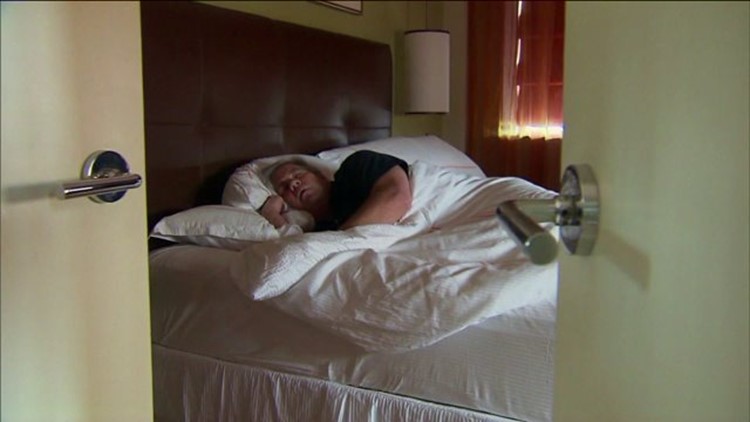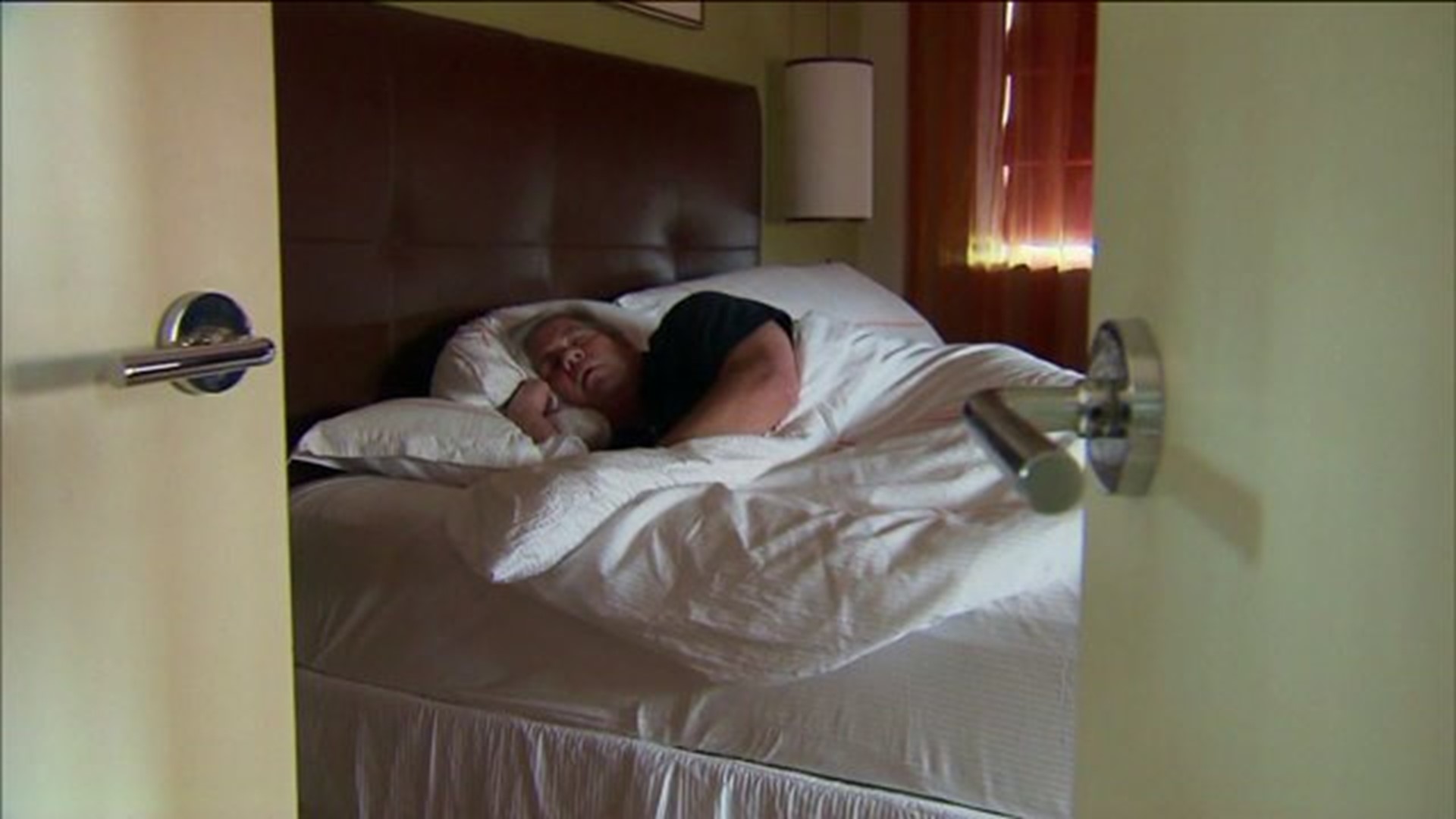It's time to turn back the clocks!
This Sunday, Nov. 2, we switch over to daylight saving time, meaning you'll get an extra hour of sleep--but lose an hour of daylight.
Unfortunately, the only negative isn't just less hours of daylight. The change also has a hard impact on our bodies.
Dr. Paul Desan, the director of the Winter Depression Clinic at Yale-New Haven Hospital and an assistant professor of psychology at the school, says pushing back the clock is "just like jet lag." Your body will adapt, but it could take days, or even weeks.
And for those who suffer from seasonal affective disorder, this time of year is particularly difficult. "They have no energy, they find they don't feel as much good spirits, good mood," said Desan. Those who suffer also eat more.
But it's not all from the time change. "About two or three percent of people get depressed this time of year," Desan said. "It starts in the fall and gets worse during the winter, then they get better through the spring."
And why do people get depressed this time of year? The shorter daylight hours set off chemical and hormonal changes. The solution? Getting plenty of light, especially 30 to 60 minutes a day before 8 a.m. This tricks the body into thinking it's spring or summer.




